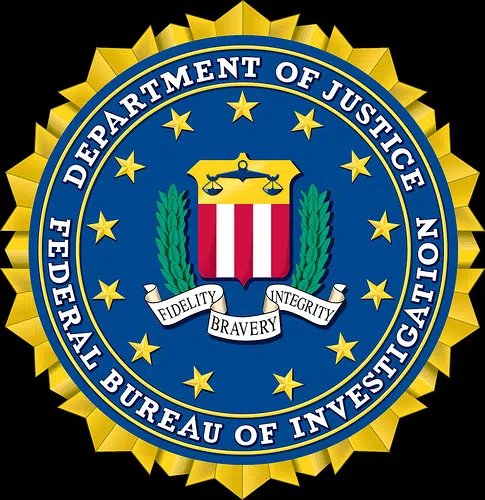
 Springfield, IL-(Effingham Radio)- In 2004, the United States President and Congress declared October to be Cybersecurity Awareness Month. They took this action to help individuals protect themselves as online threats to technology and confidential data became more prevalent.
Springfield, IL-(Effingham Radio)- In 2004, the United States President and Congress declared October to be Cybersecurity Awareness Month. They took this action to help individuals protect themselves as online threats to technology and confidential data became more prevalent.
Today, 21 years later, the FBI Springfield Field Office uses Cybersecurity Awareness Month to inform individuals, the community, and businesses about the importance of their daily actions to mitigate online and device-related risks. The FBI also encourages the public to learn more about combatting evolving cyber threats, the importance of cybersecurity, and staying safe online.
“We live in a digitally connected world which comes with both convenience and adversity. One click can unravel your life—opening an email attachment, following a link, or making an online purchase—could expose you to cyber criminals,” said FBI Springfield Field Office, Special Agent in Charge, Christopher Johnson. “The FBI is the lead federal agency responsible for investigating cyberattacks, but no one entity can combat the threat alone. That’s why is it fundamentally important to the FBI to incorporate a public-private cyber collaboration approach, providing a better understanding of our adversaries and their motivations.”
The FBI has cyber personnel in all 55 field offices throughout the United States, responding to intrusions that affect not only U.S. critical infrastructure and large corporations, but also small businesses, schools, local government services, and individual citizens. Our response supports victims and allows us to learn how our adversaries operate and who they might target next.
However, internet crimes and cyber intrusions are constantly evolving and while the FBI is ever focused at staying ahead of the trends, we recommend the following for individuals and businesses alike:
- Examine the email address in all correspondence and scrutinize website URLs. Scammers often mimic a legitimate site or email address by using a slight variation in spelling. Or an email may look like it came from a legitimate company, but the actual email address is suspicious.
- Do not click the link in an unsolicited text message or email that asks you to update, check, or verify your account information. If you are concerned about the status of your account, go to the company’s website to log into your account or call the phone number listed on the official website to see if something does in fact need your attention.
- Keep systems and software up to date and install a strong, reputable anti-virus program.
- Be careful when connecting to a public Wi-Fi network and do not conduct any sensitive transactions, including purchases, when on a public network.
- Create a strong and unique passphrase for each online account and change passphrases regularly.
- Set up multi-factor authentication on all accounts that allow it.
- Be suspicious of any message that urges immediate action.
- Make online purchases with a credit card for an extra layer of protection against fraud.
- Do not send money to any person you meet online or allow a person you don’t know well to access your bank account to transfer money in or out.
- Don’t give a stranger who calls you on the phone remote access of your computer.
- Scrutinize all electronic requests for a payment or transfer of funds.
- Beware of sudden changes in business practices with vendors or customers. For example: If a current business contact suddenly asks to be contacted via their personal email address when all previous official correspondence has been through company email, the request could be fraudulent.
- Businesses should create an incident response plan that includes a relationship with your local FBI field office.
- Take time to read consumer and industry alerts provided by the Internet Crime Complaint Center.
According to the Internet Crime Complaint Center’s (IC3) 2023 Internet Crime Report, Illinois ranks 8th in the United States for the most complaints, and 7th in total victim losses at almost $335.8 million. By victim count, personal data breach ranks the highest followed by non payment/non-delivery and extortion. By dollar loss, investment fraud tops the list.
Expediency is crucial when reporting cyber incidents. Report cyber-enabled crime immediately by contacting FBI Springfield at 217-522-9675 or through the Internet Crime Complaint Center. Not only will this allow your complaint to be directed appropriately, but IC3 data has helped guide the FBI’s response to cyber-enabled crimes while educating the public and supporting local law enforcement with a searchable database of information.
Every individual plays a critical role in protecting sensitive data, systems, and operations. As the cybersecurity landscape quickly evolves, it is important to stay ahead of the threat. Participating in Cybersecurity Awareness Month will help strengthen cybersecurity posture and thwart the efforts of malicious, online criminals looking for their next victim.
For more information regarding cybersecurity, visit the FBI’s cyber page and scams and safety precautions.








Comments